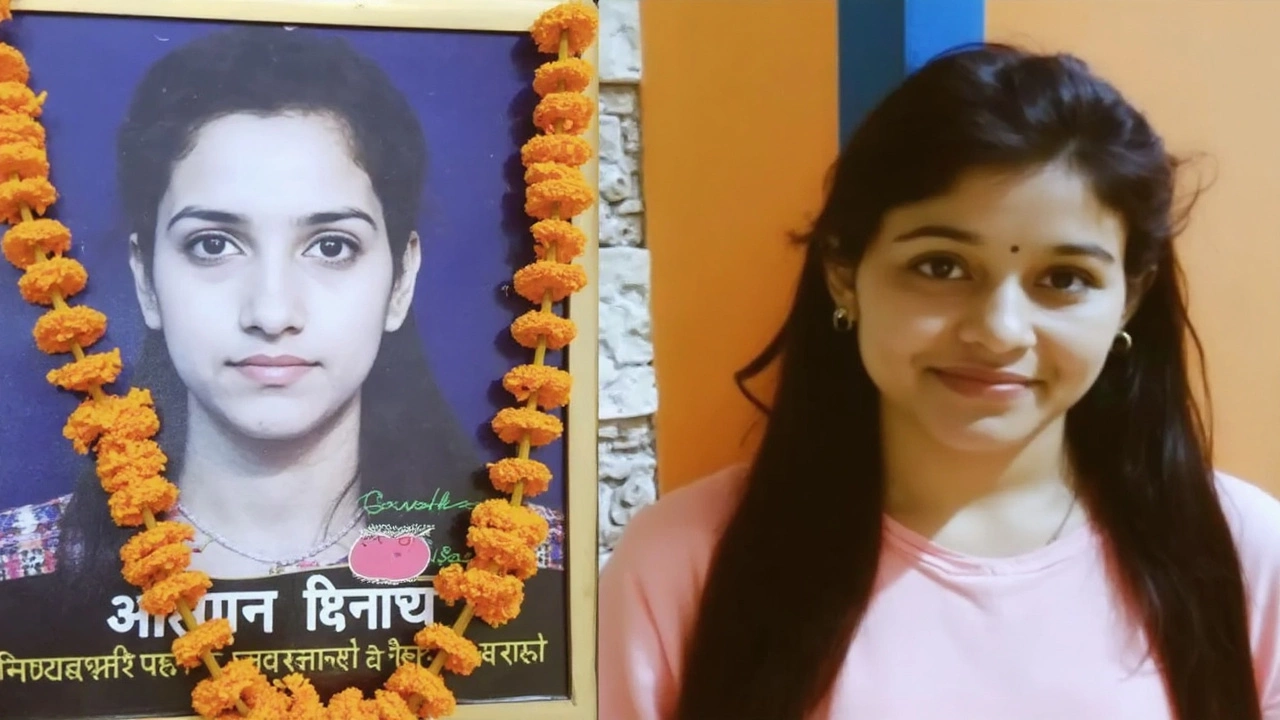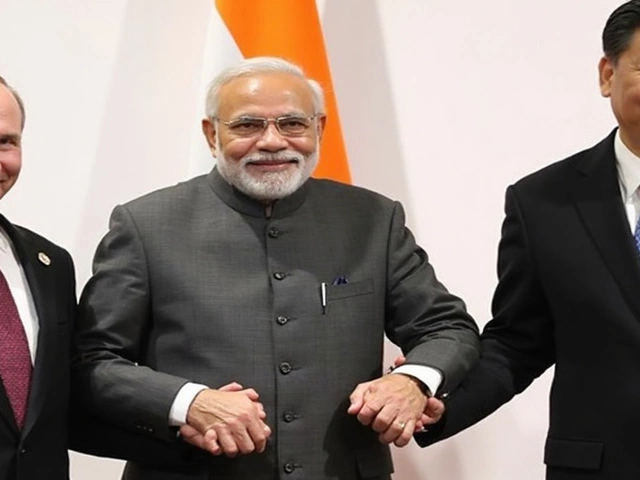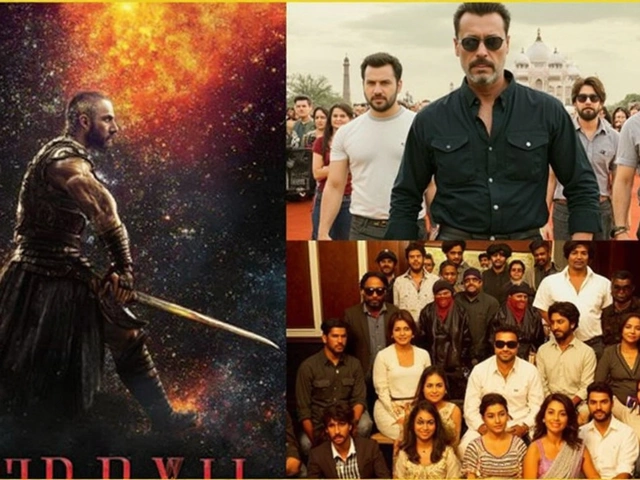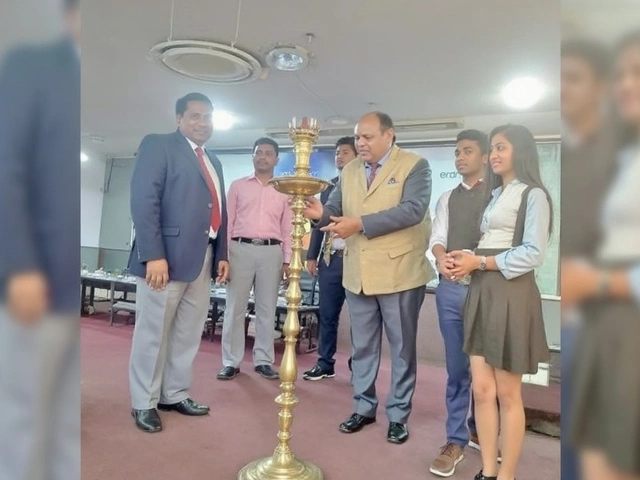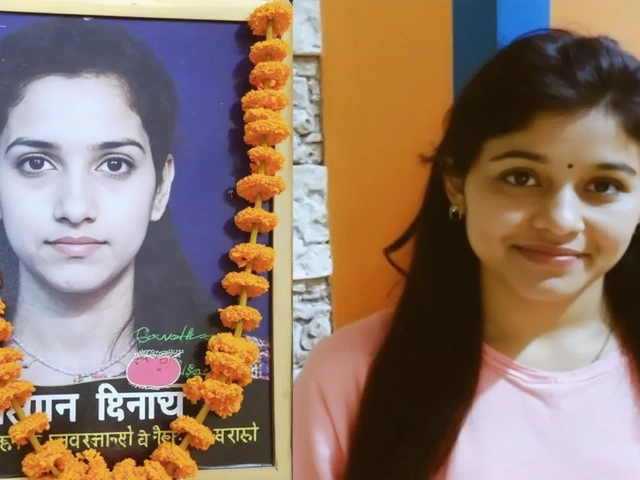Life Sentence in Ankita Bhandari Murder Case: A Landmark Verdict
The sentencing of Pulkit Arya to life imprisonment for the 2022 murder of Ankita Bhandari has sent shockwaves through Uttarakhand and beyond. Arya, son of former BJP leader Vinod Arya, along with his associates Saurabh Bhaskar and Ankit Gupta, was found guilty by the Kotdwar court after 14 months of courtroom battles. The story doesn’t just end with a murder—it’s about unchecked exploitation in the hospitality industry, the power dynamics at play, and a young woman’s desperate fight to keep her dignity.
Ankita, only 19, worked as a receptionist at Vanantara Resort near Rishikesh. What began as a job opportunity quickly turned into a nightmare. What's most disturbing are Ankita’s WhatsApp chats revealed in court. She confided in friends that Arya and his associates tried to force her into 'special services' for resort guests. Ankita’s messages showed not just distress but outright defiance. In one gut-wrenching text, she wrote, 'I am poor, but will I sell myself for Rs 10,000?' Her courage to resist brought her into direct conflict with those in power.
She went missing, and after six unbearable days for her family, her body was found in a canal. The prosecution left no stone unturned, bringing in 47 witnesses and digital evidence. On the other hand, Arya’s defense claimed Ankita took her own life, blaming depression and emotional breakdown. The judge saw through this, emphasizing the pattern of harassment, coercion, and the concerted effort to cover up the crime.
Justice Delayed, But Not Denied: Fallout and Reactions
The court didn’t just settle on a murder charge. Pulkit Arya was slapped with extra jail time and fines for destroying evidence and for sexual harassment. Bhaskar and Gupta weren’t let off either; both are now facing life alongside additional sentences. All three have been charged under multiple sections of the Indian Penal Code as well as the Immoral Traffic (Prevention) Act, echoing how layered and grim this crime really was.
The verdict came with ₹4 lakh as compensation for Ankita’s family—cold comfort for a loss that feels unfillable. Yet, her family remains outspoken, demanding the death penalty, arguing that a life taken this cruelly deserves nothing less than the ultimate punishment. Their grief and outrage reflect what many feel across the country. Organizations, students, and women’s rights groups took to protests. For days, cities across India seethed with anger, people holding up Ankita’s photo as more than just another crime statistic.
This case shines a harsh light on abuses often hidden behind resort walls—sexual harassment, pressure for illegal activities, and a culture of silence among workers. It’s impossible to ignore the role that power and privilege played, making the verdict feel less like final justice and more like a first step. Ankita’s death exposed how desperate the fight for workplace dignity remains, especially for those forced to choose between survival and safety.
